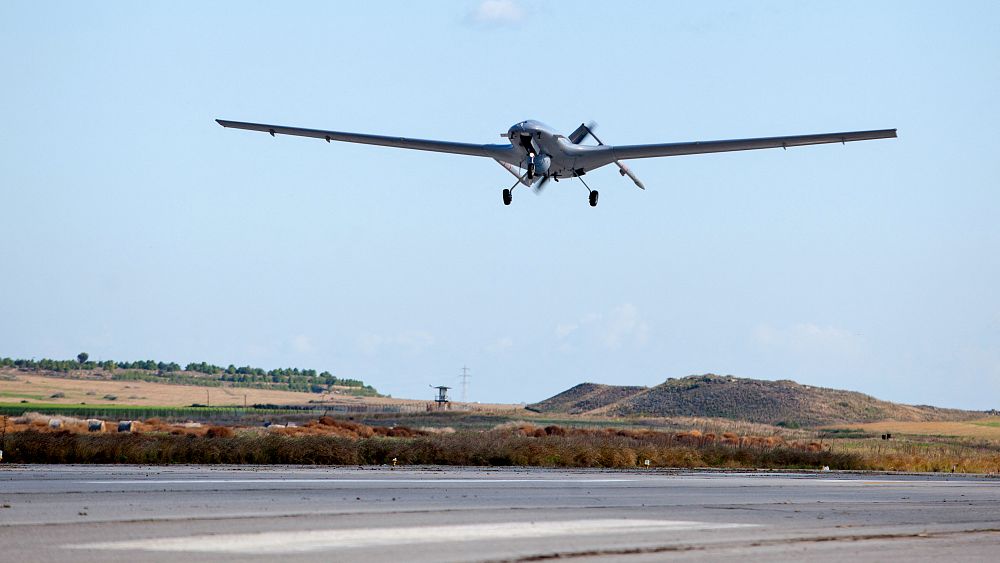
Tensions have heightened in the Mediterranean Sea over the presence of Turkish drones at an airbase in northern Cyprus.
Neighbouring countries fear that the upgrades at Gecitkale (or Lefkoniko in Greek) are an indication of increased instability on the ethnically divided island.
The Cypriot government says the deployment of drones is a means for Turkey to pursue an “expansionist agenda” in a region that potentially holds significant natural gas reserves.
Cyprus has been divided along ethnic lines since 1974 when Turkish forces invaded in response to a coup by supporters of a union with Greece.
Ankara has stationed heavy weapons and more than 35,000 troops in northern Cyprus since the island was split.
But the deployment of the drones provides Turkey with a wider strike capability that has upped regional unease.
The drones were sent to northern Cyprus in December 2019 in response to oil and gas prospecting by international energy companies licensed by the Cypriot government. Turkey claimed the drilling ignored the rights of Turkish Cypriots to the area’s potential wealth of hydrocarbon deposits.
The leader of the breakaway Turkish Cypriots, Ersin Tatar, boasted on Turkish television earlier this month that the Bayraktar TB2 drones could be scrambled much faster than from bases on mainland Turkey.
Tatar suggested that the machines could be used to “inspect the region” up to the coast of Egypt.
An Egyptian official has described the deployment as another in a series of “Ankara’s provocative measures” that require a “firm reaction” from the international community.
“The base, along with other measures in Cyprus, Libya, and the Mediterranean, would only further destabilise the region. It is alarming,” an Egyptian diplomat told the Associated Press.
“[This] solidifies the notion that Turkey will not be deterred through statements, but it needs actions from relevant countries,” he said.
Egypt’s ties with Turkey have frayed since the Egyptian military’s ouster of President Mohamed Morsi, a close ally of Ankara, in 2013.
The European Union — of which Cyprus is a member — has previously condemned Turkish gas searches in the Mediterranean Sea as a breach of international law.











